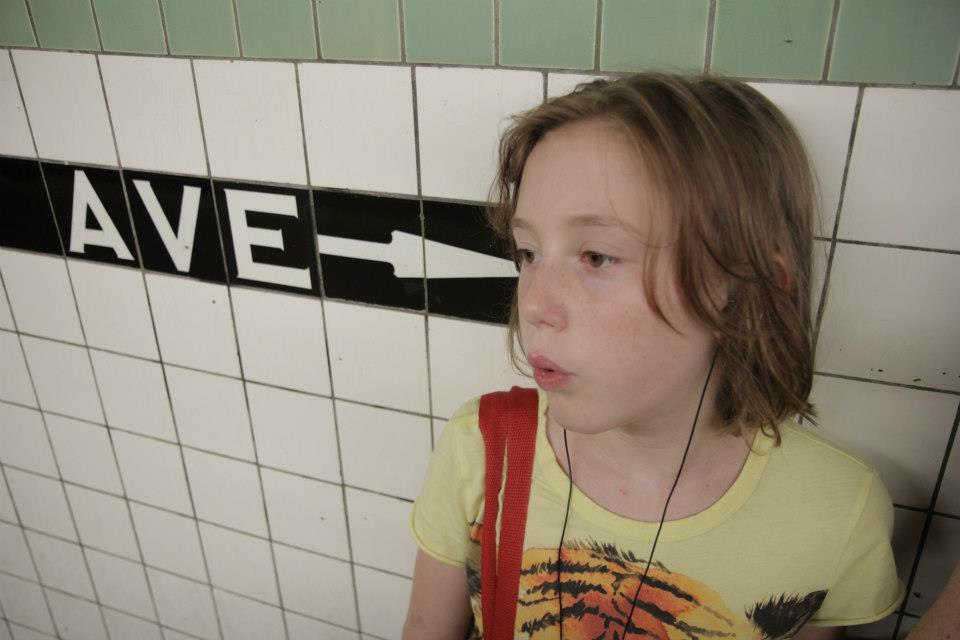
28 Feb Parenting is Hard
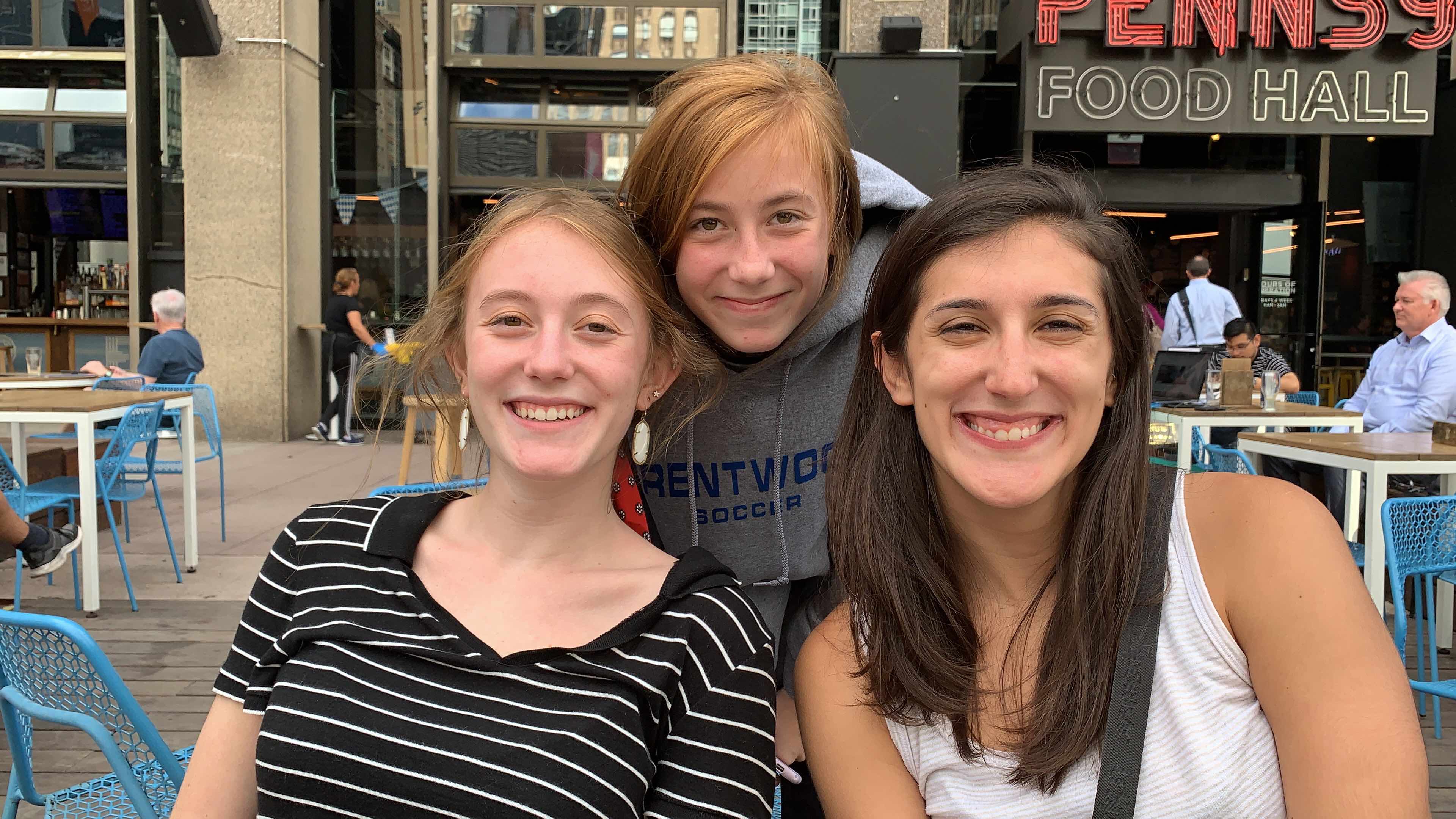
I have three girls, two of whom I have raised since birth. Nothing about being a parent has been easy; and frankly, as good as my intentions were when I started out, I wasn’t all that prepared to be a great parent. The same is true for my parents. I have no doubt that they were passionate about being wonderful parents, and yet their own parenting left them ill equipped to handle the complexities of the task. They put in the work – my mother was a social worker and my father was a psychologist – but no amount of prep prepares anyone for the profound emotions that get touched, triggered, and accessed, when one confronts their own childhood via the prism of parenting. Even as we struggle mightily to do better than our own parents, we fall into deeply conditioned patterns of expectation and response. We often find ourselves asking, “how did I get here?”
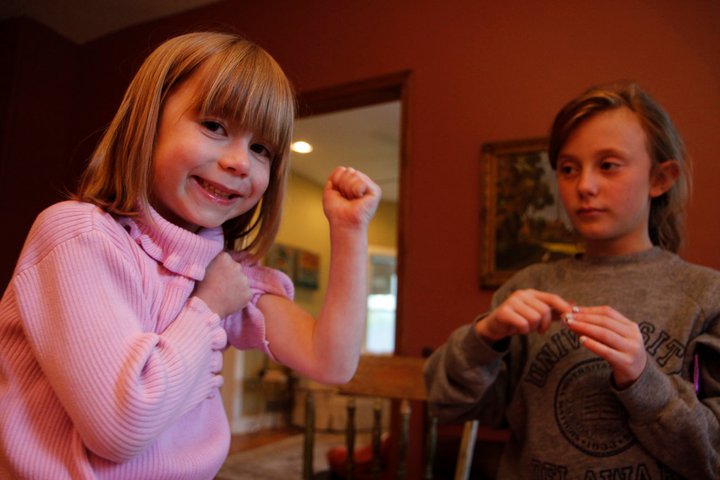
To be clear, I was not an easy child to parent, but then again few are. As my mother often pointed out to me, I “knew the way and the light and did not hesitate to let people know when they were wrong.” Before my mother passed away last September and I became an orphan at 50, she took great pleasure in telling me about the times that my teachers called to complain about how I was disrespectful. In general, I think my parents handled that with some grace, but there were a lot of other behaviors that were problematic for me. My father set expectations that were far beyond my capacity to live up to, and frankly outside of my interest in living up to. This created a great deal of friction between us, and was damaging to my ability to believe in myself or my own abilities. As much as he wanted that expectation to inspire me to do well, the net effect was to undermine me. This begs a question about goals. If my father wanted me to be successful, it was important for him to be more able to pivot, be aware of how his behaviors played out in relation to mine, and then question his methods. Shaming me, and pushing me beyond my capacity didn’t help me to achieve what he wanted me to, or help me to do what I set out to do. Instead, it hindered my ability. This does not mean that I hold him responsible for my own failings. Instead, it means that if I look at his behavior in a sober manner, it helps me to find the strength to question my own, and work to shift it accordingly.
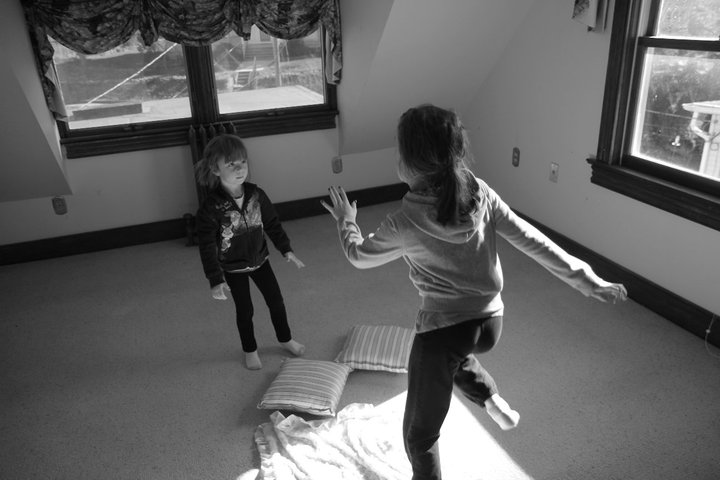
My mother was more unconditionally supportive than my father. However, she was also quicker to anger if challenged. She had a difficult time if she felt like she wasn’t being listened to. I recall many times where she would get angry, then go silent and freeze out my father, or myself and my siblings if we angered her. In fact, I got one particularly profound silent treatment on a visit home from college which led to decades of increased distance between us. For several days that I was home, she held me at a distance, and that distance held. For years after, when we talked on the phone, or when I visited, it was hard for us to connect on a deeper level, as if she and I were extra cautious about saying or doing anything that might cause a conflict. We weren’t strangers, and weren’t mean to each other, we just weren’t nearly as close as we might have been.
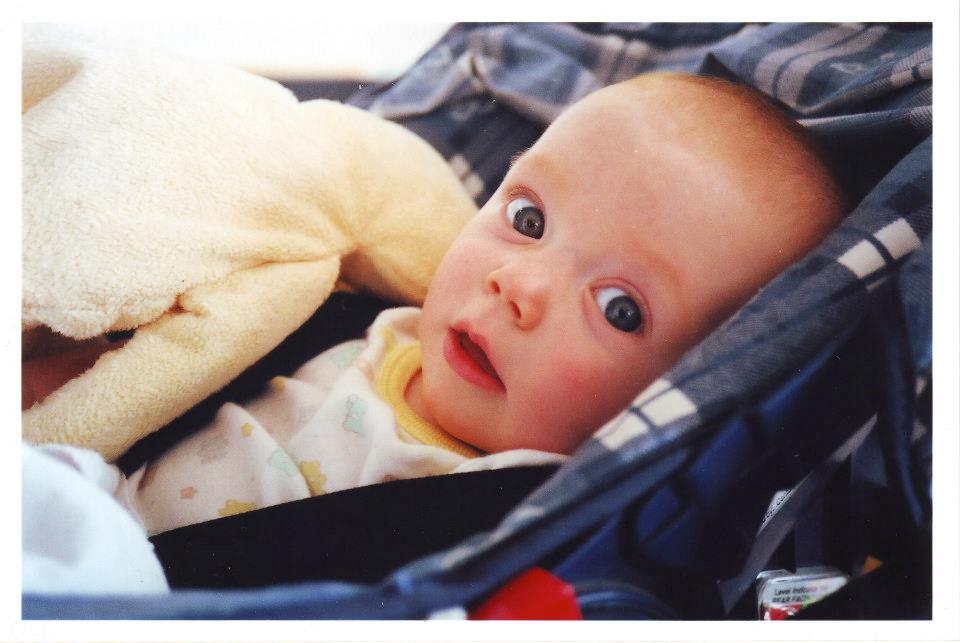
Once I became a parent, and even more so after my father died, I did a lot of work to close this distance. However, I came to discover that I could only bring myself closer, but not force her to make room for me. This awareness was painful, but also freeing in some ways. It made me understand on a deeper level that I had not been nearly as responsible for that distance to begin with. I could further see that the distance was not “willful” but came from a deep place of pain that she could not bring herself to deal with. This led me to recognize just how important it was for me to deal with the trapped emotions that I feared, and gave me a little more room to find forgiveness for the damage this distance caused. At the same time, it helped to push me to have a greater sense of responsibility in regards to working on breaking those patterns as both a parent and a child.

Again, I understand that my parents made a profound effort to be wonderful parents. Yet, their own life stories involved patterns of limitation. My father, whose parents fled pogroms in Lithuania when they were less than 10 years old, went to college on a full-ride academic scholarship at Duke, and then on to get a PhD in psychology. He got a good job as a professor. By the time he was 35, he was living in a beautiful house, with a beautiful wife, and a beautiful daughter. Still, he was riddled with a sense of lack that he saw no value in shaking. He held onto the fear of being destitute even when it served no purpose, and perhaps limited his ability to grow and change. He passed on this fear to his children because he thought that it would keep them safe, but his fear was out of balance with his reality, and our reality. Rather than create a productive and thoughtful outlook, it built in a sense of ever-present danger.
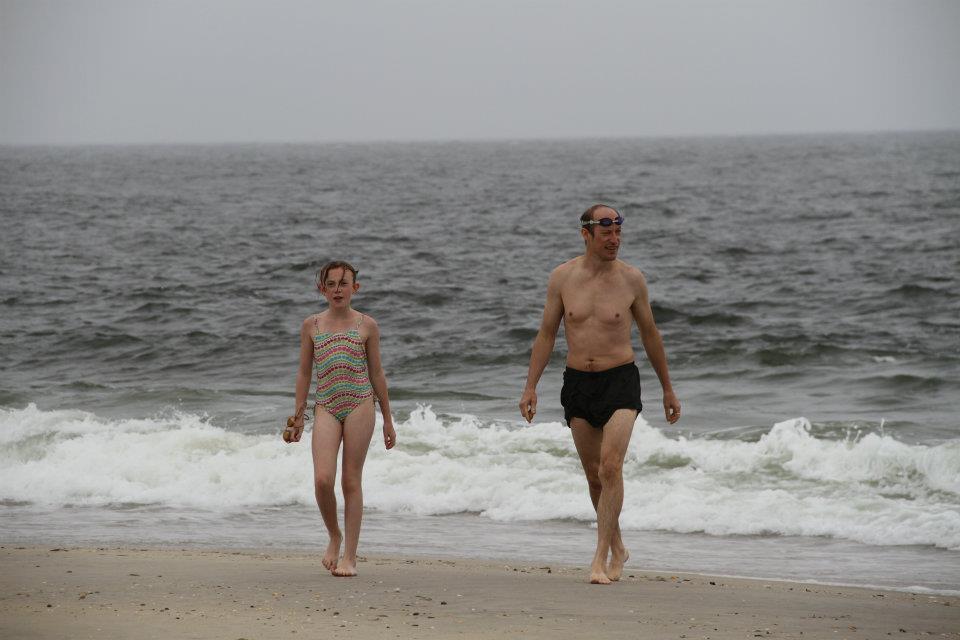
Both of my parents were professors and worked full time. They started their work life in the early 60’s and as a two-earner family with a deep aversion to spending money, they were able to live very comfortably and save quite a bit. Since they both worked full time, we had a nanny, Dorothy, who helped take care of us when we were very little, and after school when we were bigger. She continued to work for my parents as a part-time housekeeper as well and was still with my mom once or twice a week up until my mom passed away. I was talking to Dot the other day and she told me that when my brother and I were three or four, my father would only put out one can of ravioli, even though she told him repeatedly that it wasn’t enough food for us. My father could be very generous, and in a pinch he would never hesitate to help someone out. However, that sense of lack, was not only deep, but it was something he violently refused to deal with. It was often a source of conflict with my mother. She grew up more comfortably than he had as her father was a family doctor with an office in their home. Still, her father had paid for medical school by boxing as a prize-fighter, and while he was a doctor, he tended to spend as much as he earned, so there was often less than was needed when she was growing up.
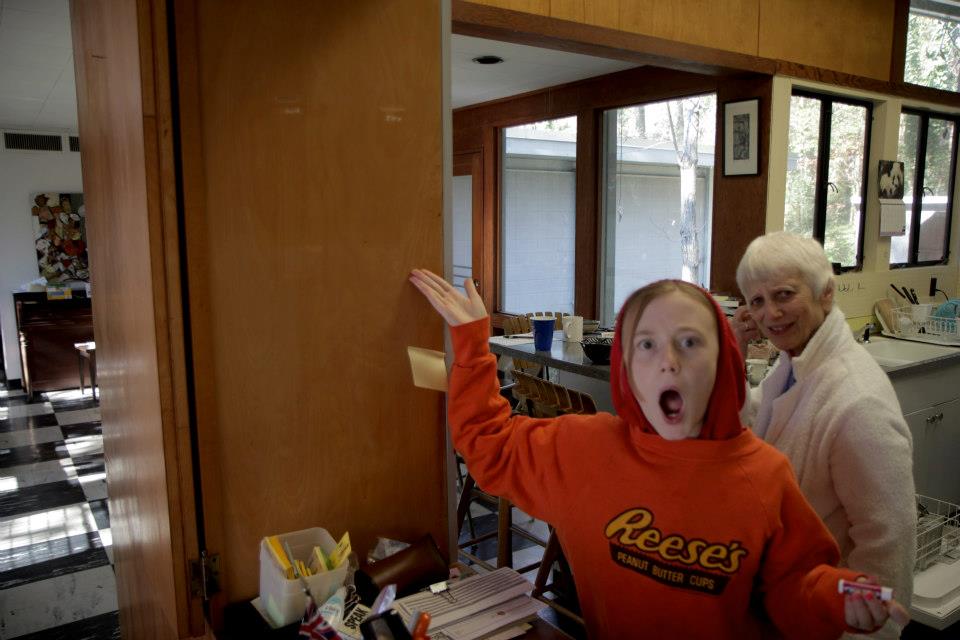
Some of my mother’s issues had to do with growing up with a mother who lost her own mother when she was very young. My mother described my grandmother’s life as being a lot like Cinderella. Her father re-married, and she and her brother were treated very badly by their step mother who had older children. I think this made it harder for her mother to be a loving parent, and my mother was left with fewer emotional resources. I recall being happy to be sick because it was one time when I could get the kind of comforting that I wanted from my mother. As much as I understand this, I sometimes worry about giving my own daughters too much love as if it might be bad for them or spoil them. Intellectually, I know this isn’t true, but our bodies follow patterns that we often can’t fully see.
In the end, I made a lot of the same mistakes my parents made even though I worked to address them. The truth is the roots go much deeper than the weeds and sometimes it takes a lot of effort to clear them out. It’s often much easier to see things in others than it is in ourselves. My twin brother had kids later than I did, so his are much younger. While he makes some of the mistakes that I did, I can see others that are different. Thankfully, he’s willing to listen to my observations. It doesn’t mean that he is able to course-correct immediately, but like me, he does his best to address issues as they arise. Forgiving our parents for not being perfect helps us adjust to our own imperfections and address them without shame. Being a great parent isn’t easy, and it’s a lot more possible if we are able to own and adjust to our missteps.

Kat Iwanusa
Posted at 18:52h, 01 MarchThank you ❤️